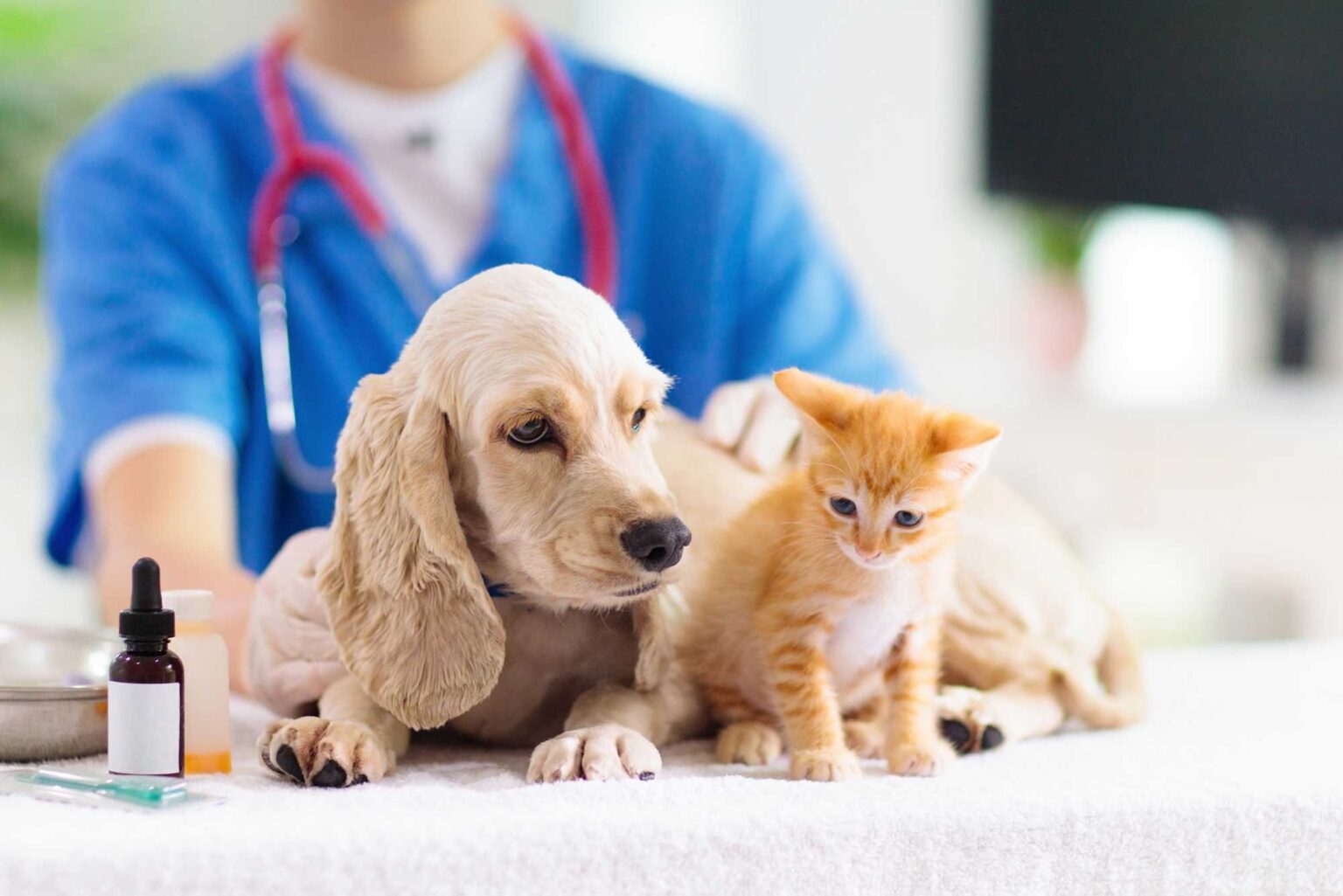
Neutering & Spaying
Call (587) 463-9002 to get a quote today!
Contact Us
Comprehensive Vet Services
We offer comprehensive veterinary service for you pets!
Contact UsAt Lakeview Animal Hospital in Edmonton, we provide comprehensive veterinary services to ensure the health and well-being of your beloved pets. Our team of highly skilled and compassionate veterinarians is dedicated to providing exceptional care for dogs, cats, and other small animals. From routine wellness exams and vaccinations to spaying & neutering, and emergencies, we offer a wide range of services to meet all of your pet’s medical needs. Our state-of-the-art facility is equipped with advanced diagnostic tools, allowing us to accurately diagnose and treat various illnesses and conditions.

Emergency Veterinary Services: We are open 8am – 8pm Mon to Sat. We take same-day emergency appointments. Call (587)463-9002 before
Read MoreNeutering & Spaying Service Secure a healthier and happier future for your pet with Lakeview Animal Hospital’s exceptional neutering and
Read MoreDental Care and Cleaning Unlock healthier teeth for your pet with Lakeview Animal Hospital’s exceptional dental care services in Edmonton.
Read MoreAnnual Health / Wellness Exam Ensure your furry companion’s vitality and longevity with Lakeview Animal Hospital’s comprehensive annual health check
Read MoreVaccinations Safeguard your pet’s health and offer them a shield of protection with Lakeview Animal Hospital’s exceptional vaccination services. Serving
Read MoreMicrochipping Service Give yourself the priceless reassurance of never losing your pet with Lakeview Animal Hospital’s exceptional microchipping service. Nestled
Read MoreAt-Home / In-Clinic Euthanasia At Lakeview Animal Hospital, we understand that the difficult decision of saying goodbye to a beloved
Read MoreOrthopedic Surgery Restore your pet’s mobility and vitality with Lakeview Animal Hospital’s exceptional orthopedic surgery services. Based in Edmonton, our
Read MoreExtended Care Elevate your pet’s quality of life with Lakeview Animal Hospital’s exceptional extended care services. Situated in Edmonton, we
Read MoreParasite Prevention Experience the freedom of outdoor adventures with your pet, knowing they’re protected from harmful parasites, thanks to Lakeview
Read More
At Lakeview Animal Hospital, we understand that your pets are more than just animals; they are cherished members of your family. That’s why we are committed to providing exceptional veterinary care in Edmonton and surrounding areas. With our team of experienced veterinarians, state-of-the-art facility, and comprehensive range of services, we strive to be your trusted partner in keeping your furry companions happy and healthy.

Amazing place. You can tell they love the animals

Very good vet and everyone at the office is so nice. I’ve had two little emergencies the past few months and both times they took my dog immediately.
